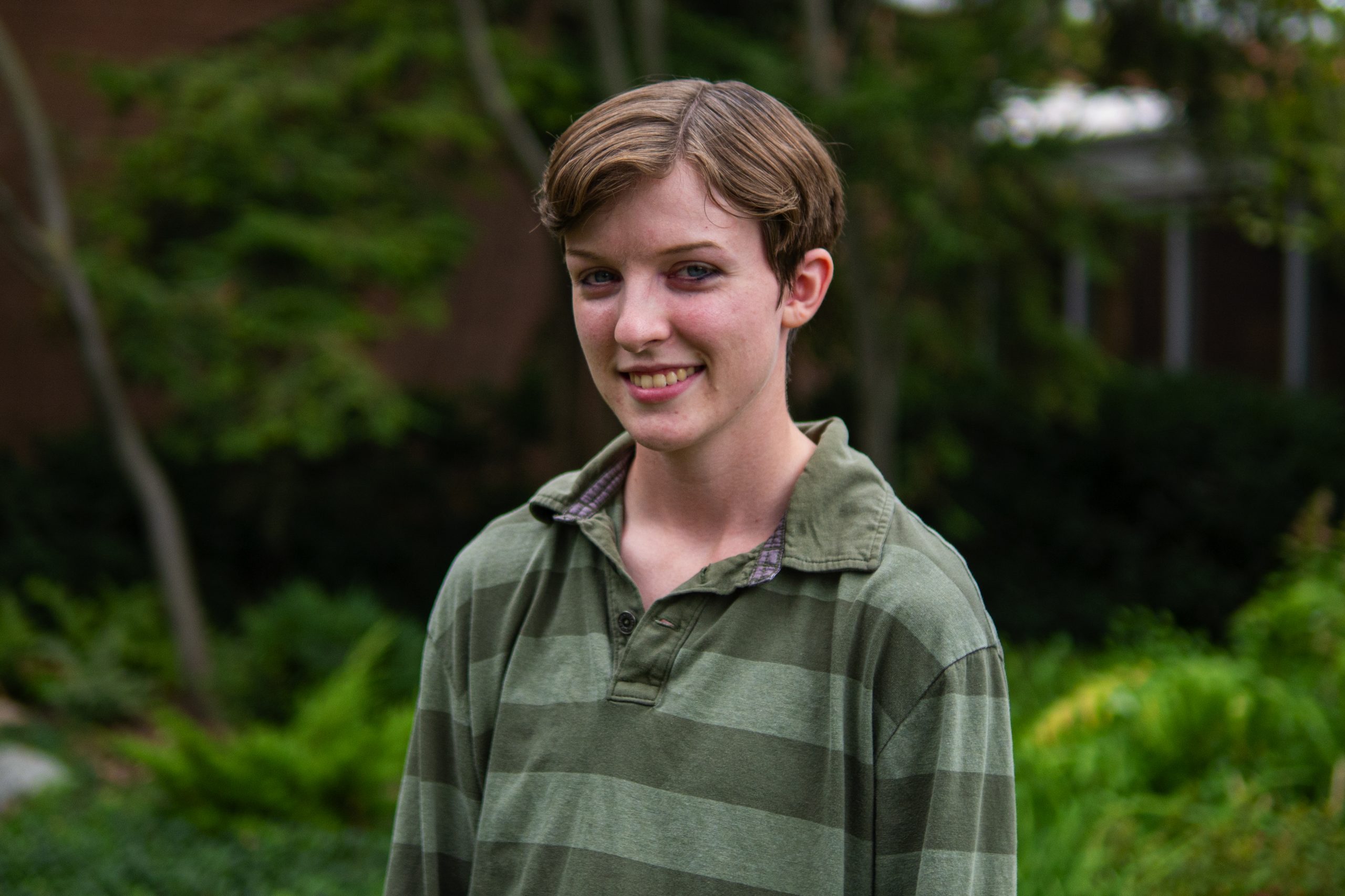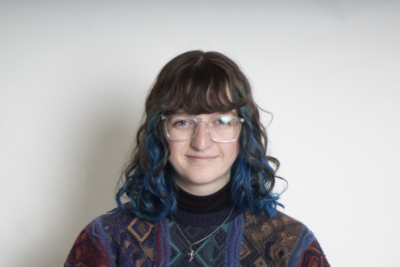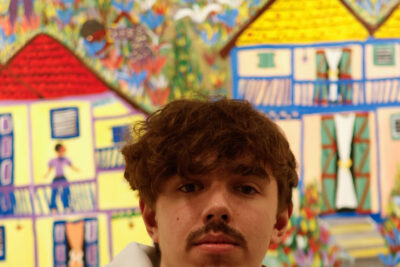No one should worry about dying at a concert.
I was 16 years old when I received my first pair of concert tickets. What my parents called an early birthday present, I called a miracle. The tickets were for June 22, 2018, at the Ruoff Music Center in Noblesville. We saw Imagine Dragons on their North American leg of the Evolve Tour.My parents had purchased three general admission lawn seats, one for my mom, my brother, and me, at $35 a piece. They had stated that not only were those tickets the cheapest option, but they were also worried about me getting roughed up in the pit, so cheaper seats were the safer option.
At the time, I had passed off their concern as a senseless comment, confident that nothing bad could happen to me in the pit.
Near the end of the concert, the lead singer, Dan Reynolds, made his way through the crowd and into the walkway between the seats and the lawn. I don’t remember thinking, just acting. Before I knew it, I had taken off to join the crowd rapidly gathered around Reynolds, shouting the lyrics to “I Bet My Life.”
Security had him covered on all sides, but there was no need for worry; the crowd was surprisingly gentle. Not once did it occur to me that if security hadn’t been there and the other concertgoers hadn’t been cautious, people could’ve been hurt in that exchange.
That was nearly three years ago, but I still can’t help but compare it to the tragedy that took place on Nov. 5 in Houston.
I remember feeling sick to my stomach when hearing about the eight people who died at Travis Scott’s Astroworld festival. People’s stories flooded social media, teens no older than myself recounting what they thought could be their last moments. The eight people who died were ages 9 to 27.
Even now, nearly ten months later, it’s maddening to think about– knowing that this could’ve been avoided had proper security measures been in place. Astroworld should be a catalyst, an event that changes the future of concert safety.
To this day, concertgoers are still taking to Twitter to remember when artists took care of the fans in their audience– in contrast to the shameful lapses that Scott and his security team let occur.
I remember one clip in particular that went viral following Astroworld; during a 2001 Linkin Park concert, rapper and secondary vocalist Mike Shinoda stopped the show for a fan that appeared to be getting crushed by the crowd.
Vocalist Chester Bennington then called out to the crowd, shouting, “When somebody falls, what do you do?” The crowd immediately shouted back, “Pick them up!” It’s a chant that was repeated several times, but it appeared to get the point across.
This is one of many basic safety measures that artists can take when they see something going wrong, but it’s a safety measure that Scott chose to ignore that night.
Former chief executive of AEG Live, Randy Phillips, says that concert organizers and security teams alike are over securing and properly planning for these major events.
I remember Astroworld as an event that opened my eyes to the importance of concert safety, but it hasn’t hindered me from going to shows. Apart from COVID-19-related concerns, I feel no imminent danger will come from me attending a concert.
While events like the Astroworld crisis may happen again, it’s reassuring to see how many artists and venues have been working diligently since Nov. 5 to keep their fans safe. Astroworld was the perfect example of what happens when ignorance comes into play.




